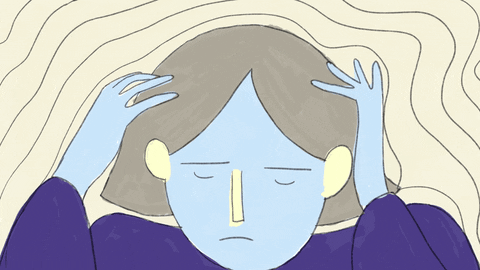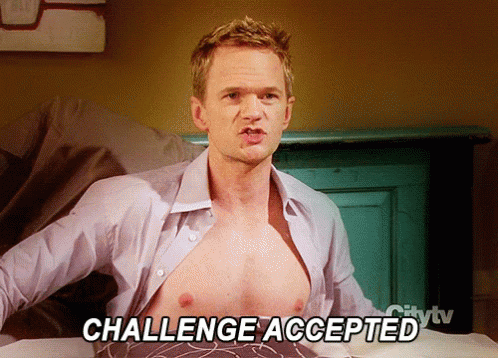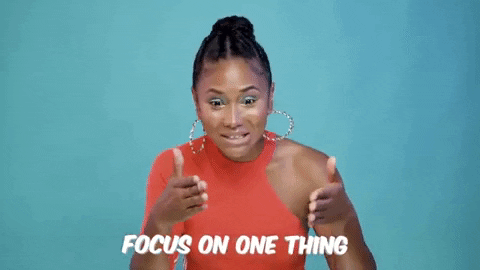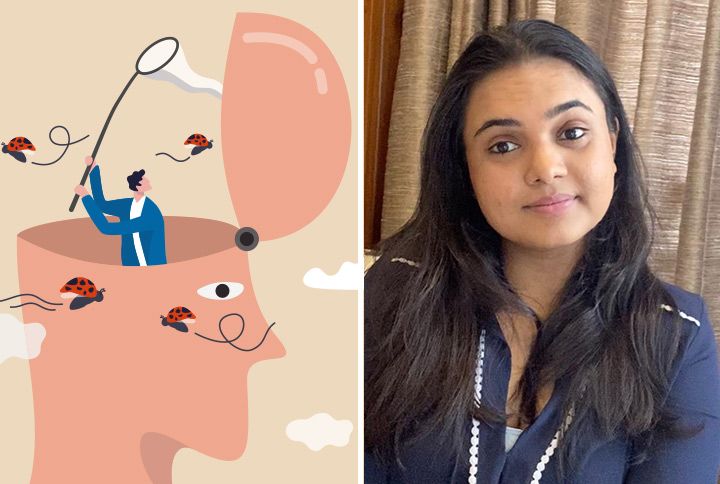Distractions are an inevitable part of our lives and no one can escape them. It’s possible to minimise them but never completely get rid of them. However, the current times have made dealing with distractions a lot more difficult for most of us since we’re all leading 90% of our lives from home. But while talking about distractions from its very core, it’s important to differentiate between ADHD—Attention Deficit Hyperactive Disorder and normal distractions. ADHD is a clinical condition that makes it hard for an individual to maintain focus in general. Even though ADHD and everyday distractions are quite similar symptom-wise, it does not mean that you also suffer from it.
Now, as mentioned, distractions are pleasurable in nature but really not pleasant to snap out of. To understand them better, from the causes, symptoms to preventative measures, we got in touch with Ms. Priyanka Varma, a psychologist and founder of The Thought Co.—a mental health organization that aims at empowering individuals by providing therapy for a variety of issues.
“While distracted, you struggle to stay focused on a given task. Different things may distract us and it can range from social media and our need to constantly stay updated. However, the deadliest form of distraction has been and I believe will continue to be our tendency to escape into a fantasy world of a brighter future or down the endless spiral of worry.”, says Ms. Varma. Ahead, we deep-dive into why distractions seem more problematic for some, their ill effects and ways to overcome them.

Why some people are likely to get more distracted in comparison to others:
The current environment and given that we’re living through a pandemic can get extremely stressful which causes the need to escape into a fantasy world of a better tomorrow. However, it is also equally likely that one is likely to be distracted with anticipatory thoughts of the worst case scenario.
In addition, the content that people are consuming as a result of professional and personal life may not be engaging enough for them and therefore feel the need to go out there and seek something stimulating, engaging and reinforcing.
Sometimes being distracted is a reflection that one’s work is not engaging enough and could be an indicator that it is time for a change. Lastly, being distracted can also be a habit for a person.

What a distracted mind could be indicating:
Ms. Varma says that on the contrary, distractions are also advantageous when a particular environment is stressful. At such times, a distraction can punctuate a distressed state of mind. It can prove to be energising and equip one with better internal resources to deal with the situation effectively.
Reflect upon how you felt when you joined your job on the first day or the first time you learnt a new task; you were less likely to be distracted and were engaged in the work you were doing and had a higher tendency to experience some sort of fulfilment or joy. However, flash forward and this is a task you are repeating for the 100th time, or is the 5th revision of your work. You are now more likely to feel distracted, bored, make careless mistakes and have decreased motivation. This is primarily because the task may feel too easy.
It is important to match the challenge level of the task at hand with your ability. It should never be too easy or too difficult, just mildly difficult enough to feel like you’re progressing. Thus, being distracted is a good indicator that you need to up or down the challenge level of the task you’re doing.

Long term consequences of a distracted mind:
Yes, not all distractions are bad. Some are necessary. But an often-distracted mind poses a few ills. Here’s how Ms. Varma breaks it down for us:
- You are more likely to produce lower quality work, be less efficient, and have a higher tendency to produce more mistakes at work.
- This often leaves one questioning their sense of worth and life choices as the above-mentioned consequences are likely to affect one’s progress. And the highest motivator or the biggest contributor to one’s sense of fulfilment is individual progress.
- The ills of being distracted not only impact our work but also our intimate relationships. Individuals who often tend to check their phone, daydream or walk away in the midst of a conversation are likely to experience less fulfilment in their relationships. This will undoubtedly impact the connection they form with their partners and friends.
Ways to deal with distractions:
While looking at distractions today, one cannot ignore the pandemic. Working/studying from home may seem attractive but that’ll last you for a few days before you start realising how problematic it is. “Work from home means our previously relaxing and disengaging environment is mixed with a stressful, output-driven environment and simply segregating the two while in the same space takes a lot of energy.” So here are some methods to effectively manage them:
- Ensure that you have a designated workspace free from clutter and only have things you need for work. It is important that the space is not used for anything else.
- It’s also beneficial to establish a fixed routine. Repeated pairing of a task with a specific time of the day automatically sets the level of expectation of what is required at that moment or time of day.
- If routines aren’t your thing, work with a priority list. While creating a priority list, it is important for you to only go through the list in order of priority, not skip one or begin another midway. This means you train yourself to get comfortable with the distress of waiting for a task to be completed.
A technique that may help here is the Pomodoro technique where you work for short intervals of time before you treat yourself with a break.
While designing the priority list, begin with the task you like the least or is the most difficult, primarily because at the start of your list, you’re more likely to have more mental and physical energy and thus be better equipped to power through it. - Practise monotasking, not multitasking. Multitasking is more likely to leave you feeling overwhelmed.
- Choose your actions and/or activities wisely to promote flow. They must be mildly challenging for your cognitive or physical resources. This ensures optimum flow and therefore requires attention and focus which also promotes a sense of progress.
- Lastly, the most effective way to manage our distraction is a sense of awareness. It is important to be aware of when your mind wanders in the moment. This sense of awareness creates a long-lasting shift in ourselves as we are likely to be more effective and is a long term technique to combat any kind of harmful distraction.

That said, don’t be too hard on yourself if you’re combating a constantly distracted mind at present. It’s only natural! But we do hope that these inputs have helped you understand the problem a little better and ways to correct it.
And lastly, to be a part of more such conversations, don’t forget to join Girl Tribe by MissMalini!

